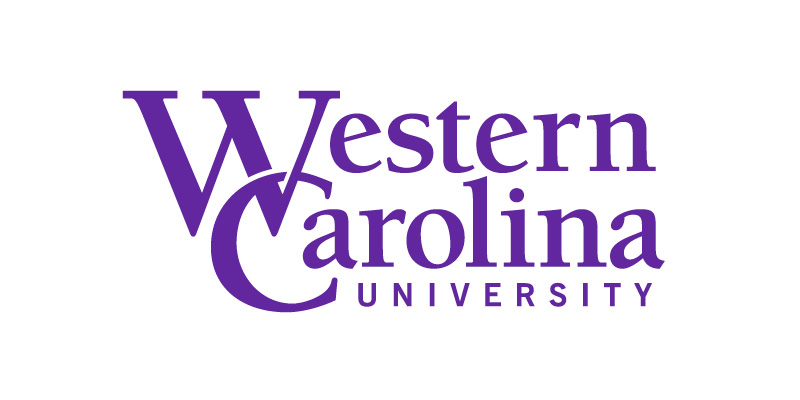The ability to work remotely and/or participate in remote academic activity typically requires access to the internet and, in some cases, faster access than what is readily available. For many individuals, this level of service requires a monthly fee that you would prefer to avoid. The COVID-19 pandemic has quickly brought this issue to light for many of our students, faculty, and staff.
Thanks to the support of the FCC and many internet service providers, the issue may be addressed at no additional cost to our community members. The following is a list of potential solutions that may help you be more connected from home, thereby helping WCU to achieve our social-distancing goal.
Option 1: Improve Your Current Internet Service
You may already have internet service at home through your cable TV provider (cable modem), telephone (DSL), or satellite, etc. Many of the major providers, including Spectrum, Charter, AT&T, Verizon, and others, have offered to eliminate charges for “going over your limit” and have eliminated bandwidth throttling. If you already have access to the internet from home, but it is too slow or limited, we recommend you call your service provider to see if they can assist. Many already have a plan to help you, especially those who are participating in academic activities. You should self-identify as a member of a university community.
Option 2: Obtain New Home Internet Service
Some individuals have no internet service at their homes, but they do have the appropriate wiring necessary for internet access. Charter, Comcast, and Spectrum have advertised free internet for sixty days for students. If your residence has access to one of these, or any other internet service provider, we recommend you contact them to see if they have a low or no-cost option during this pandemic. You should self-identify as a member of a university community.
Option 3: Explore Cellular Options; No Internet Service Providers at Home
In many rural areas, there is simply no infrastructure for internet access. If there is adequate cellular service in the area, then you may be able to work with your cellular provider to either use your cell phone as a “wireless hot-spot” or consider adding a mobile hot-spot to your cellular account. These solutions provide a wi-fi network that you can use with your laptop or other devices.
If you have a data plan with your smartphone, you can follow the following links with instructions to turn it into a mobile hot-spot: Apple or Android
Option 4: Free Wi-Fi
If solving this problem at your residence isn’t technically possible, then you may want to visit a nearby location that has free wi-fi. For example, many public libraries, coffee shops, and some restaurants provide wireless that you can use as their customer. Some of these locations are leaving their free wi-fi on, which you can access from the parking lot, even though they are closed or can’t allow in-room dining. You should check with each of them to see if their hours or wi-fi offerings have changed given the current public health situation. If you can temporarily access the internet, simply search for “free wi-fi near me” to find locations that may be able to assist.
Students, faculty, staff, and community members who can visit WCU’s campus should be able to access eduroam and/or guest wireless from their vehicles when parked near most campus buildings. Click here to for information on where to find outdoor wireless locations.
Additionally, thanks to our friends at Southwestern Community College for compiling a list of other wireless access points in Western North Carolina.
Provider Information
A recent FCC agreement update (https://www.fcc.gov/coronavirus) states that providers will waive late fees, not cutoff service for lack of payment, and open hot-spots, which will provide significant relief for students, faculty and staff. The list below is fluid so please check with your cell and/or internet provider for specific offerings. Below is a compiled list of companies and their offerings as of March 13, 2020:
- Comcast COVID-19 response: offers free wi-fi for two months to low income families, plus all Xfinity hot-spots are free to the public during this time.
- Charter Free Internet: offers two months free internet; requires calling in to their number and setting up a new account.
- AT&T COVID-19 response: offers open hot-spots, unlimited data to existing customers, and $10/month plans to low income families.
- Verizon COVID-19 response: follows FCC agreement
- Sprint COVID-19 response: follows FCC agreement, provides unlimited data to existing customers, and, starting 3/17/2020 allows all handsets to enable hot-spots for sixty days at no extra charge.
- T-Mobile COVID-19 response: follows FCC agreement, plus unlimited data to existing customers, and, coming soon, will allow all handsets to enable hot-spots for sixty days at no extra charge.
Please note: Western Carolina University does not endorse these companies or their services. Individuals should investigate all terms associated with service to decide if it is right for them.
